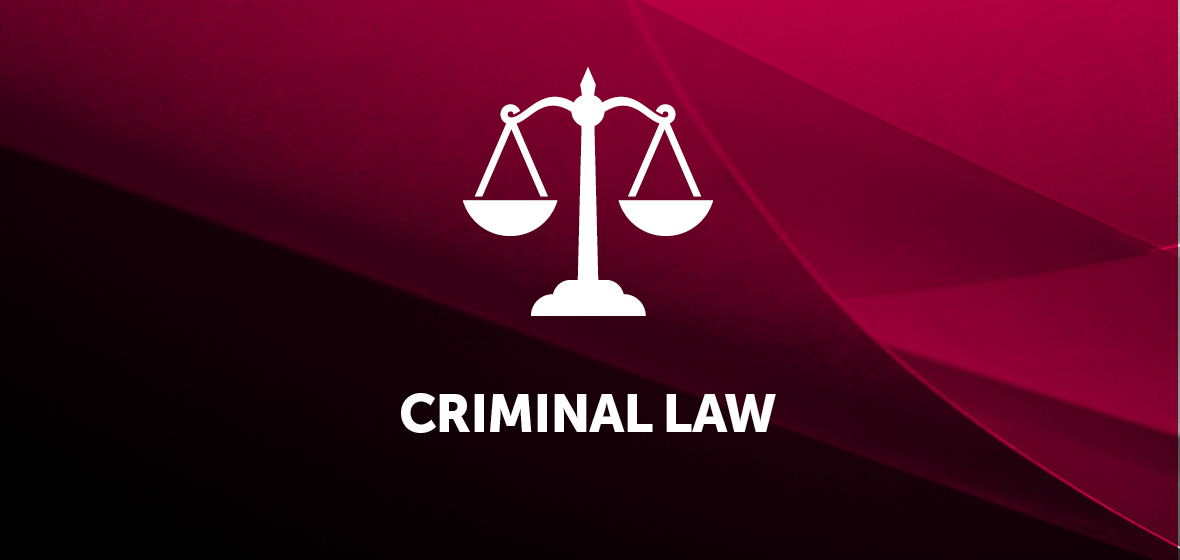Key decisions
- R v XX [2017] NSWCCA 90
- Dickson v R [2017] NSWCCA 78
- Regina v AB [2017] NSWCCA 88
R v XX [2017] NSWCCA 90
Sentencing discounts – assistance prior to current charges – expansive reading of the provision – temporal connection to be considered
The Court of Criminal Appeal (‘CCA’) has examined a case where assistance (to police) was provided many years before the offender was charged. The Court found that, whilst an expansive definition should be given to ‘assistance’ so that previous assistance might be relevant, a lack of temporal connection between the current offence and the assistance might mean that a lesser discount (or none at all) should be given.
In 2013 and 2014, the offender committed three sexual offences against the victim, who was four years old at the time; the most serious of the offences constituted sexual intercourse. The offences came to light in 2015 and the offender pleaded guilty in 2016.
His ultimate sentence was reduced for assistance he had provided to police many years earlier: in 2006 and 2007 he had been approached by two people to kill one of their spouses, introduced an undercover police officer to the conspirators, gave four statements about it, and gave evidence at the conspirators’ trial. At the time he had received $17,000 in payment. By the time of the 2016 sentencing of this offender, the sentencing judge considered the $17,000 to be ‘moderate’ under the circumstances, and so allowed a 15 per cent discount for the assistance provided in 2006/7. The offender was sentenced to an aggregate sentence of seven years, with a non-parole period of four years and six months. The Crown appealed, inter alia on the basis that the discount for assistance should not have been provided, and in particular that this was not assistance of a kind contemplated by s 23 of the Crimes (Sentencing Procedure) Act 1999 (NSW) (which governs discounts for assistance).
Although the Court (Beech-Jones J; Bathurst CJ and R A Hulme J agreeing) did find that it was not appropriate to allow a discount in this particular case, it rejected the Crown’s submission that this was not assistance of a kind which could (at least theoretically) attract a discount. It found that s 23(1) should be read broadly, so as to include assistance for an unrelated crime committed some time ago. But attention needed to be paid to the connection between the matters.
Starting (as usual) with the text of the statute, Beech-Jones J observed that s 23(1) confers a discretion, not an obligation to provide a discount (at [31]). His Honour noted that nothing in the section purports to limit the type of assistance that can fall within the provision, and to date the provision has not been read narrowly (at [32]). The provision clearly contemplates that the assistance can be provided in relation to a different offence from the one being sentenced, and nothing in the text suggests that the assistance has to have been provided after the offender was arrested (at [34]-[35]). Then, starting with provisions passed in 1992, his Honour proceeded to consider the legislative precursors to s 23 by way of confirming his interpretation of the legislation ([37] ff ). The earlier extrinsic materials included a Hansard speech from 1991, which in part led Beech-Jones J to note that a lesser discount – and in some cases none – is warranted for assistance provided prior to a person’s arrest.
Ultimately, this analysis led his Honour to three important conclusions. First, whilst not all forms of conduct by an offender which assist authorities fall within s 23, a relatively expansive defi nition of the meaning of ‘assistance’ should be adopted. Where an offender was an informant and Crown witness many years prior to the subject offences, a proper application of the criteria in s 23(2) might compel the conclusion that no discount should be proffered – but the offender has nevertheless ‘assisted’ for the purposes of s 23(1) (at [53]). Second, the purpose and object of the discretion conferred in s 23(1) was the ‘public interest’ in encouraging offenders to supply information to authorities (at [54]). Third, in respect of assistance provided prior to the commission of the subject offence, attention will focus on the extent to which the offence for which assistance was provided was or was not ‘related’ to the subject offence, as part of consideration of all of the factors referred to in s 23(2) (at [55]). The appeal was allowed and the offender re-sentenced because, amongst other successful grounds, the discretion in this particular case to allow the discount was inappropriately exercised.
It follows that practitioners should carefully address the criteria in s 23(2) when submitting in relation to an offender’s assistance, including on the temporal connection between the assistance and the offence under sentence.




